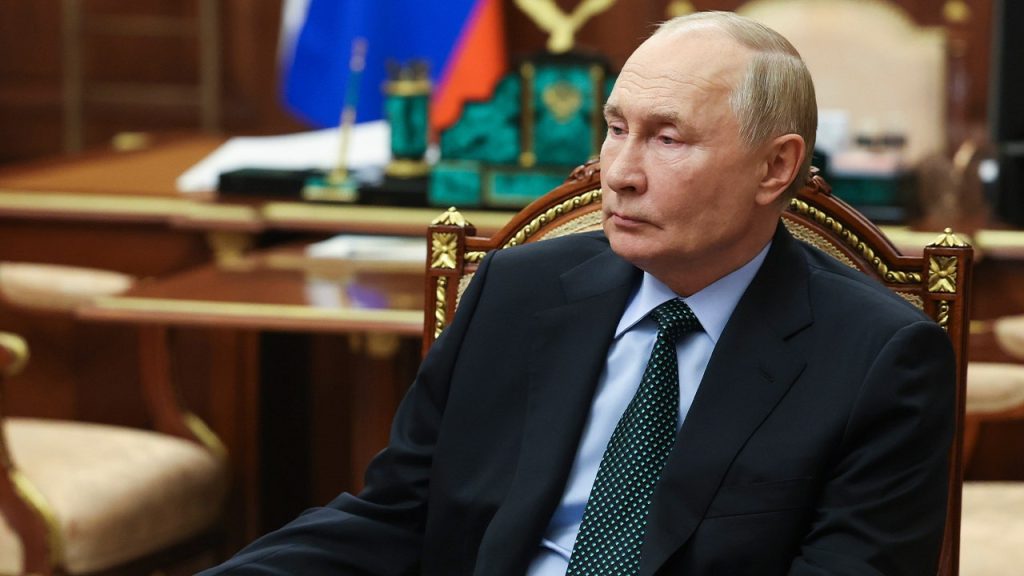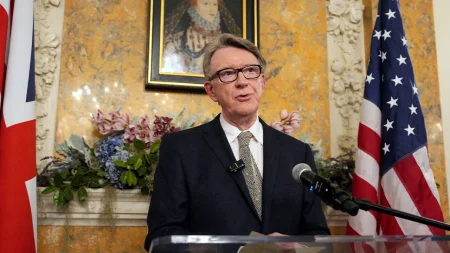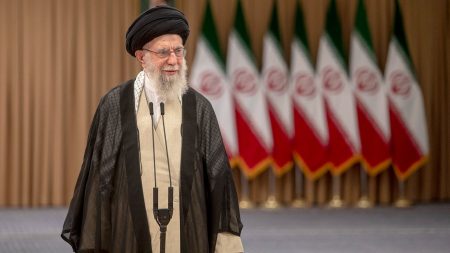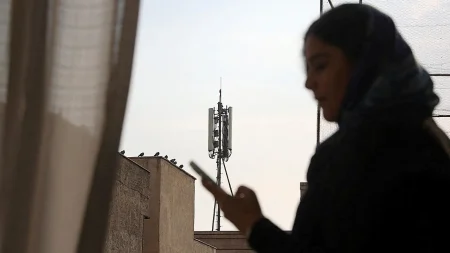Debt Relief for Recruits: A Shared Tactic with Distinct Motivations
Both Russian President Vladimir Putin and US President Joe Biden have employed debt relief measures, albeit with starkly different contexts and objectives. Putin’s recent initiative offers debt forgiveness of up to approximately $96,000 for new military recruits, a move seemingly mirroring Biden’s student loan forgiveness programs. However, while Biden’s approach aims to alleviate financial burdens for public servants and stimulate the economy, Putin’s strategy is directly tied to bolstering his military forces amidst the ongoing conflict in Ukraine. This divergence in motivation highlights the distinct political and strategic landscapes in which these policies operate. Putin’s move reflects a desperate need for manpower, suggesting challenges in recruitment and retention within the Russian military. Conversely, Biden’s student loan forgiveness program, while facing criticism, is presented as a broader economic and social policy initiative.
Putin’s Recruitment Challenges and Controversial Allies
Facing dwindling troop numbers and mounting casualties, Putin’s debt forgiveness scheme represents a desperate attempt to attract new recruits. This measure comes amid reports of Russia seeking military assistance from controversial allies like North Korea and engaging in questionable recruitment practices. Allegations of North Korean troop deployments to support Russia’s military campaign and the alleged coercion of Yemeni men into military service highlight the lengths to which Russia appears willing to go to sustain its war effort. These actions raise serious concerns about international law and ethical recruitment practices, further isolating Russia on the global stage. The reliance on such partnerships underscores the challenges Russia faces in maintaining a sufficient fighting force and the potential desperation driving its recruitment strategies.
Biden’s Student Loan Forgiveness: Economic Stimulus or Political Ploy?
In contrast, Biden’s student loan forgiveness program, while controversial, is framed as an economic stimulus measure aimed at supporting public sector workers and addressing the broader student debt crisis. The program has faced criticism for its potential inflationary impact and perceived unfairness to those who have already paid off their loans. Supporters argue that it provides much-needed relief to burdened borrowers, encourages public service, and boosts economic activity. Regardless of one’s perspective, the Biden administration portrays this initiative as a long-term investment in human capital and economic growth, distinct from Putin’s short-term military recruitment needs.
The Ethical and Legal Implications of Russia’s Recruitment Practices
The reports of Russia’s alleged recruitment tactics involving North Korean troops and Yemeni citizens raise serious ethical and legal questions. The deployment of foreign troops, especially from a regime like North Korea known for its human rights abuses, could escalate the conflict and further destabilize the region. Similarly, the alleged coercion of Yemeni men into military service under false pretenses represents a potential violation of international law and raises concerns about human trafficking. These actions highlight the potential for exploitation and abuse inherent in desperate recruitment drives and underscore the importance of international oversight and accountability.
The Contrasting Narratives: National Security vs. Economic Welfare
The contrasting narratives surrounding these debt relief measures reveal fundamentally different priorities. Putin’s focus on military recruitment reflects a preoccupation with national security and the ongoing conflict in Ukraine, potentially at the expense of ethical considerations and international norms. Biden’s emphasis on economic welfare and support for public servants highlights a focus on domestic issues and a commitment to investing in human capital. These divergent narratives underscore the distinct political and ideological landscapes in which these policies unfold.
The Long-Term Implications of Debt Relief as a Recruitment Tool
While debt relief may provide a short-term boost to recruitment efforts, its long-term effectiveness remains uncertain. In Russia’s case, the coercive nature of some alleged recruitment practices and the reliance on foreign fighters may undermine morale and create internal tensions. Furthermore, the reliance on debt forgiveness as a primary recruitment incentive suggests underlying structural issues within the Russian military and broader economic challenges. In the US, the long-term impact of student loan forgiveness on public service recruitment and retention remains to be seen. While the program may attract some individuals to public sector careers, it also raises questions about the sustainability and fairness of such policies in the long run.















